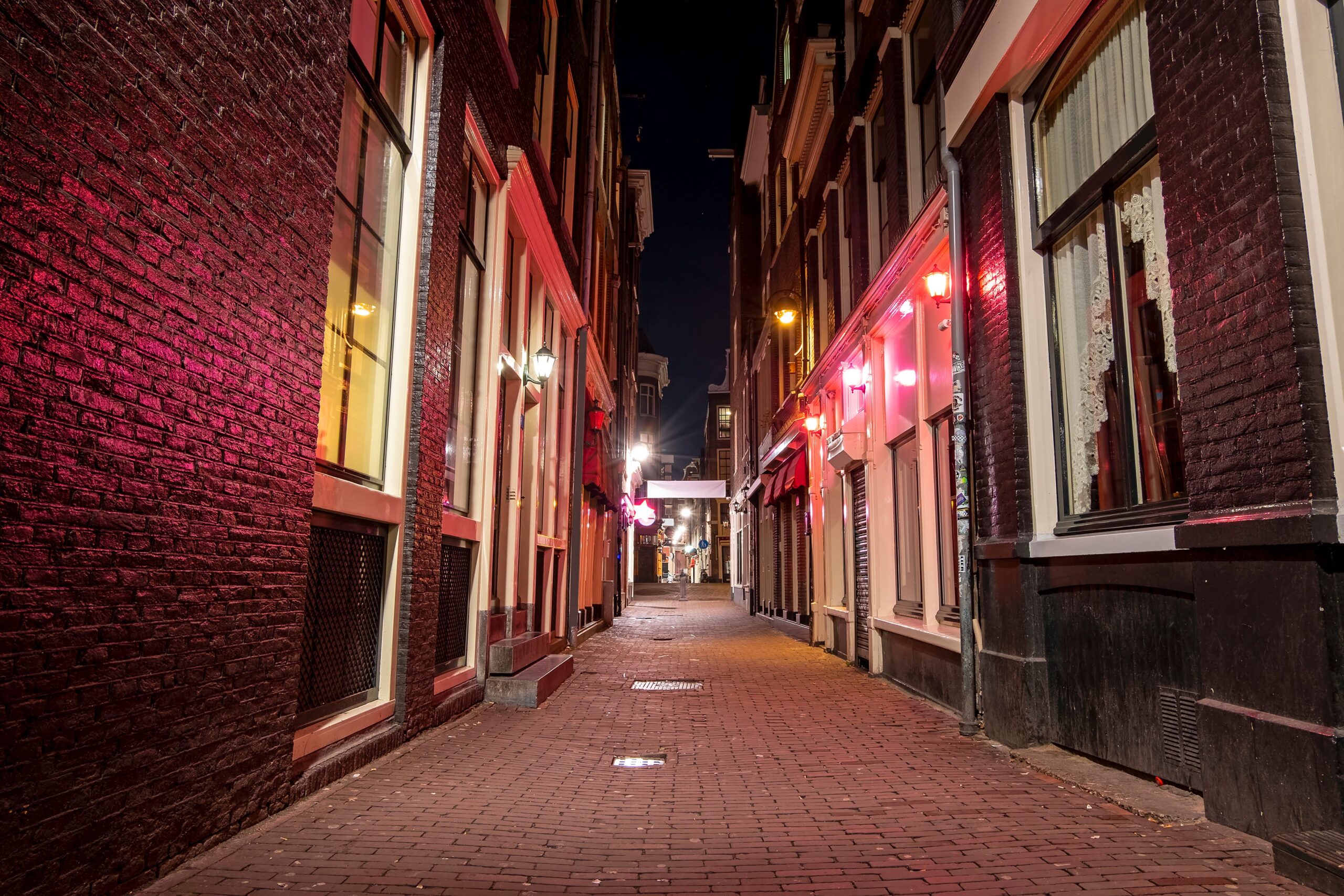A Sheffield organisation are providing an ‘essential’ service for street workers by supplying condoms, a needle exchange and hot food to keep them as safe as possible.
A women-only van that drives around ‘The Beat’ – the area of the city to where street sex workers work, distributing the health essentials.
Camille Ball, 23, a volunteer at the organisation, said: “The van goes around five days a week in the evening. Most of the women know us, and know the van, and they’ll either come over, or put their arm out and we’ll come over.”
The not-for-profit organisation, also have an office in Sheffield, and asked not to be named, but describe the office as a ‘safe space’ where street workers can go for advice on housing, claiming benefits, have something to eat or just escape from the stressors of their day-to-day lives.
“They go through such difficult things, and each day for them is so tumultuous, and yet they’re always laughing and smiling.
“We do everything for them – we feed them, give them a place to sleep, a place to be comfortable,” said Camille. “There’s no men allowed in the office, or the van, so it’s a space where they’re safe.”
Camile recalled an incident where a sex worker came into the office, threatening suicide, and within 30 minutes, had “her head screwed on, and was ready to go. They’re just so resilient”.
The service is absolutely essential according to Camille, as women involved in street sex work are often unlikely to access healthcare or mainstream care services, with legal barriers and stigma effectively driving sex workers underground.
BMC research revealed “despite high levels of chronic physical and mental ill-health there is little evidence of effective healthcare provision” for sex workers. The barriers include under-resourced services and insufficient trauma-informed care.
The organisation Camille volunteers for, which sees around 40 women on a regular basis, has their own GP ensuring the women have access to sufficient healthcare, which she believes is “incredibly important”.
However not all sex workers have this access to these services, according to Camille. She said: “They need need to be vaccinated against certain things, but there is a bigger issue of getting sex workers to the GP in the first place, before they can even get vaccinated. They are definitely underprovided for, and there’s no education in treating them at all.”
The European Sex Workers Rights Alliance believes stigma of the profession is one of the barriers that drives street sex workers away from healthcare, which also prevents the reliable data being collated on the health concerns of those selling sexual services.
Research has shown that on the whole, sexual health, drug and alcohol services and homeless health services in the UK better meet the needs of sex workers, whereas mainstream general practice and mental health services were found to be largely inaccessible for them.
For the Sheffield charity and their volunteers, care around drug use is crucial. A 2017 study stated: “In the UK, most female street-based sex workers use drugs such as heroin and/or crack cocaine.”
Camille said: “We’ve recently started giving out Buvidal, which is drug withdrawal medication. They used to have to come and get a prescription everyday to take that, but now they can get an injection that lasts two weeks, which is helping, but drugs are the main driver for a lot of problems.”
The organisation has a substance use worker, who supports with needle exchanges, harm reduction advice, and helps women with access to a number of Sheffield substance services.
Camille believes the glamourisation of sex work does more harm than good. “People love to say ‘I’ll just make an OnlyFans’, ” she said. “I think there’s a fine line between empowerment and not acknowledging the reality. None of these women are empowered, they’re not doing it because they want to, they’re doing it because they have to.
“It’s survival, it’s transactional. There’s a perception nowadays that people engage in sex work because they want to – and I think in some lucky cases that’s true, but with street sex work, I have not seen that at all.”
Dr Laura Connelly, a senior lecturer in Sociology and Criminology at The University of Sheffield, said: “Sex work is work. It intersects with race, class, gender, migration and disability, and people’s experiences of it vary widely.”
Data from the English Collective of Prostitutes suggests that sex workers overwhelmingly enter sex work to pay for household expenses and support their children, with austerity cuts disproportionately affecting women.
Dr Connelly explained that “for those working outdoors or face-to-face, conditions have in many ways worsened”.
A Parliamentary Committee inquiry found a direct link between the move to Universal Credit and an increase in ‘survival sex’, with this growth in street sex work attributed to destitution caused by benefit sanctions.
“For a lot of people, a sex worker is someone who makes bad choices, or just a homeless person, or just a drug addict but all of these women have had severe multiple disadvantages in their life,” said Camille. “Most of them grew up in care, and have been abused. It’s not a choice for them, it’s survival, and that’s really important to remember.”




